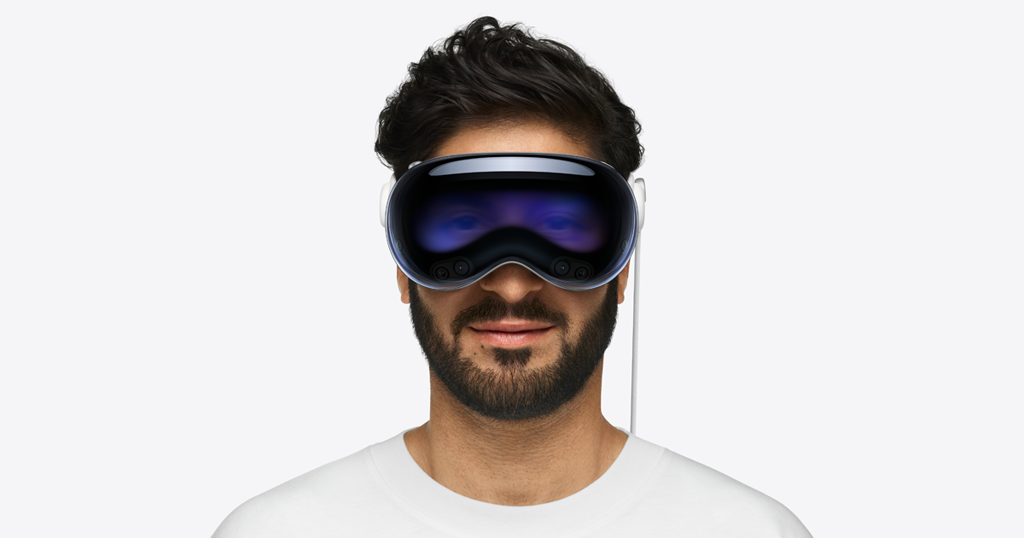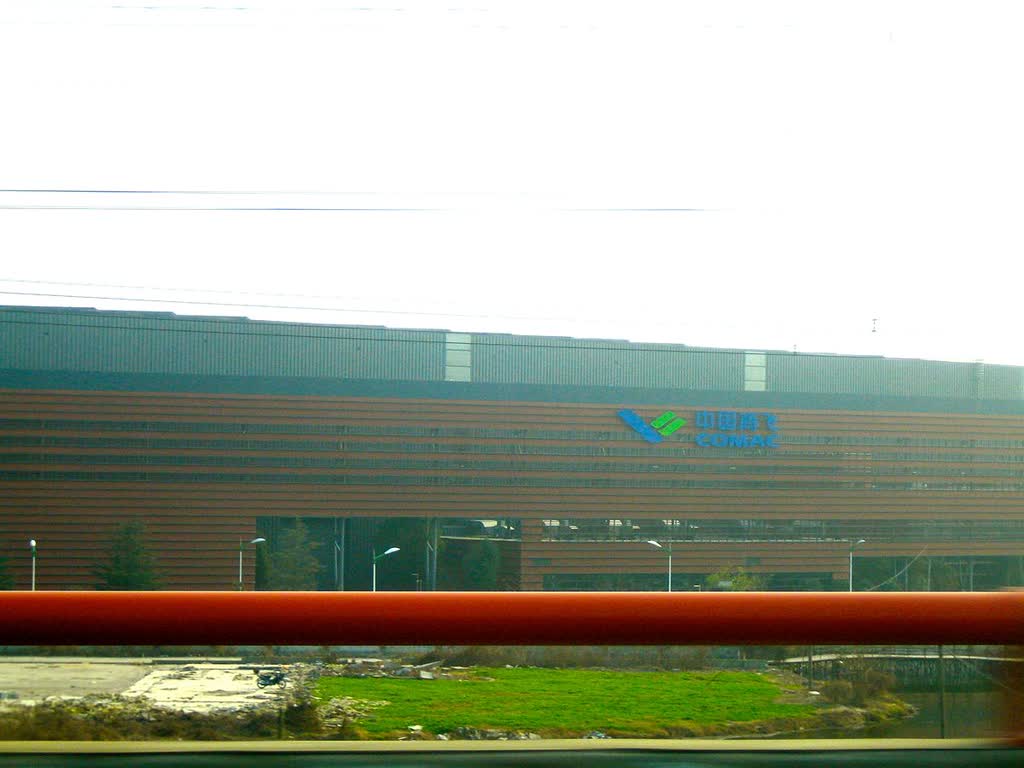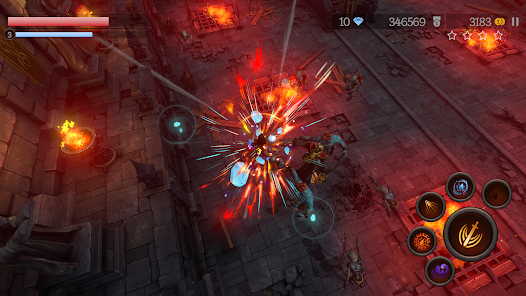Apple’s AI Shakeup: John Giannandrea Demoted Amid Strategic Realignment
Cupertino, CA — In a surprising move that signals a major shift in Apple’s artificial intelligence strategy, John Giannandrea, the company’s high-profile AI chief, has been demoted from his leadership role overseeing Siri and other AI initiatives. The decision comes as Apple seeks to recalibrate its approach to generative AI and machine learning, aiming to catch up with rivals like Google and Microsoft in the rapidly evolving AI landscape.
Internal Power Struggles and Leadership Changes
Sources close to Apple reveal that the demotion of Giannandrea, who joined Apple in 2018 from Google with much fanfare, reflects growing internal tensions over the direction and pace of AI development. Giannandrea, once seen as the visionary architect behind Apple’s AI ambitions, has reportedly clashed with other senior executives over resource allocation and strategic priorities.
In a notable restructuring, Mike Rockwell, the former head of Apple’s Vision Pro project, has been appointed to lead Siri and the broader AI division. Rockwell’s promotion underscores Apple’s intent to integrate AI more deeply with its hardware ecosystem, particularly augmented reality (AR) and mixed reality (MR) devices, where Apple sees significant growth potential.
Strategic Adjustments in Apple’s AI Vision
Apple’s AI strategy has traditionally emphasized privacy, on-device processing, and incremental improvements to user experience rather than chasing headline-grabbing breakthroughs. However, the explosive rise of generative AI models like OpenAI’s ChatGPT and Google’s Bard has forced Apple to rethink its approach.
The company is now reportedly investing heavily in generative AI capabilities, aiming to blend them seamlessly with its existing products while maintaining its strict privacy standards. This pivot involves not only technological innovation but also organizational realignment to foster faster development cycles and closer collaboration between AI research and product teams.
Comparing Apple with Google and Microsoft
While Apple has been cautious in its AI rollout, competitors Google and Microsoft have aggressively integrated generative AI into their core offerings. Google, with its deep expertise in search and machine learning, and Microsoft, leveraging its cloud infrastructure and partnership with OpenAI, have set the pace in AI innovation and market adoption.
Apple’s challenge lies in balancing its brand promise of user privacy and security with the need to deliver AI-powered features that meet or exceed consumer expectations. The recent leadership changes suggest Apple is doubling down on this balancing act, seeking leaders who can drive innovation without compromising its core values.
Impact on Apple’s AI Future
The demotion of Giannandrea and the elevation of Rockwell signal a new chapter for Apple’s AI ambitions. Industry analysts believe this could accelerate Apple’s integration of AI into its hardware products, such as the Vision Pro headset, iPhones, and Macs, potentially unlocking new user experiences through advanced natural language processing, computer vision, and personalized assistance.
However, the internal power shifts also highlight the challenges Apple faces in adapting to the fast-moving AI landscape. Success will depend on how effectively the company can unify its AI teams, foster innovation, and compete with tech giants that have already established dominant AI platforms.
As Apple navigates this critical juncture, the tech world will be watching closely to see if the company can transform its AI strategy into tangible products that resonate with users and maintain its reputation for quality and privacy.
Image suggestion: A high-resolution photo of Apple Park’s main campus with a subtle overlay of AI-related graphics (e.g., neural network patterns or digital assistant icons) to symbolize the company’s AI transformation.
By [Your Name], Technology Correspondent Date: April 2025



